Hanoi Experts propose a sandbox mechanism for economic models based on innovation in the context that current laws have not kept up with technological developments.
The opinion was expressed at the workshop on Building pilot, testing and specific mechanisms for new economic types and models based on science, technology and innovation, organized by the Ministry of Science and Technology on the morning of December 8.
Dr. Chu Thi Hoa, Deputy Director of the Institute of Strategy and Legal Science, Ministry of Justice, said that the sandbox is a flexible model and a new approach, meeting the development and innovation needs of startups in the sharing economy sector in the context of current laws not keeping up with the development of technology.
She cited an example in Vietnam, where the sharing economy is reflected in the transportation sector, such as Grab, a technology taxi application that has expanded to fast delivery and food delivery services. Other types are also present, such as Airbnb, Travelmob, or shared workspaces. The emergence of a triangular relationship between three parties, including the digital platform provider, the service provider, and the customer, has given rise to many related legal issues. At this time, the sandbox is considered the solution to the legal problems posed.
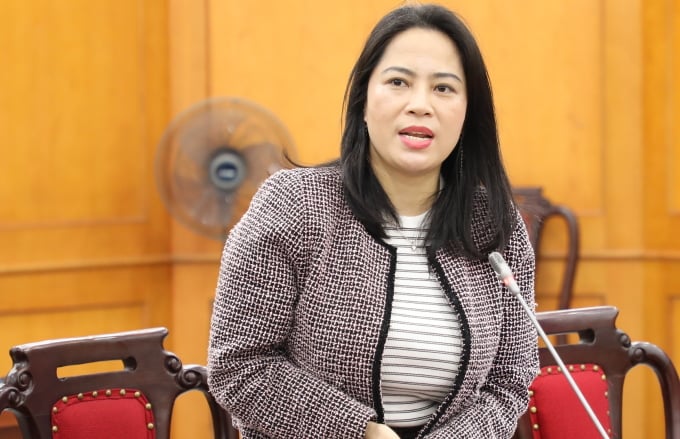
Dr. Chu Thi Hoa speaks at the conference. Photo: Xuan Binh
Sandbox is an experimental legal framework applied within a limited scope, allowing businesses to deploy and apply new technologies, test new business activities, and innovate within a specified scope and time, under the supervision of managers for evaluation, testing and adjustment before becoming a general policy.
According to her, when faced with "unmanageable" or poorly understood issues, applying the sandbox mechanism is an option that many countries have implemented. However, the application of this mechanism to which areas and under what conditions must be analyzed for each specific policy situation.
Dr. Hoa acknowledged that each field also needs a separate sandbox because there is no general formula for all fields. It is necessary to set limits on the subjects of application, establish regulations of the experimental legal framework in an open and flexible direction for quick adjustment. According to her, Vietnam needs a legal framework for sandboxes, a pilot legal framework for sandboxes that is not applied en masse, but is only for a small number of innovative startups that meet the set conditions.
Mr. Tran The Trung, Director of FPT Smart Cloud, proposed a specific policy for the AI Lab model. This is a model for developing and testing artificial intelligence (AI) technology to build a system for employee communication with customers. However, Mr. Trung said that many businesses are hesitant to apply the cloud model due to international competition and technology sovereignty, along with policy barriers. Therefore, he proposed a specific policy for AI Lab products to be deployed in Vietnamese units, on infrastructure in Vietnam.
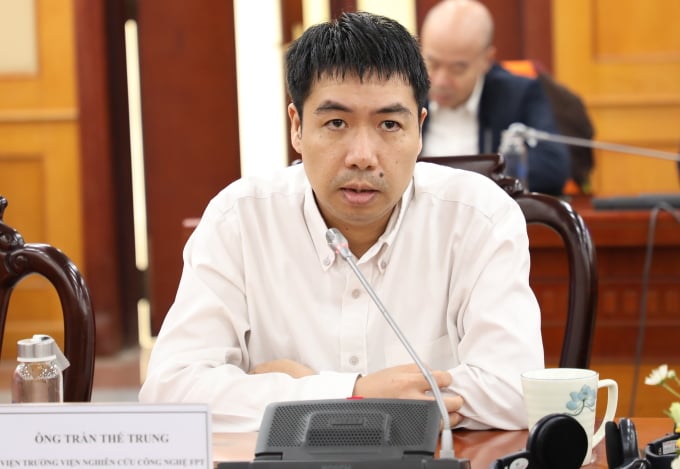
Mr. Tran The Trung, Director of FPT Smart Cloud, shares the specific policy of the AI Lab model. Photo: Xuan Binh
Sharing experiences from Thailand, Ms. Nirada Werasopon, Office of the National Policy Council for Higher Education, Scientific Research and Innovation (NXPO) of Thailand, supported the establishment of a pilot mechanism. Thailand has developed a model based on biotechnology, circular economy and green growth. Specifically, based on renewable biological resources and converted into value-added products. Circular economy aims to maximize limited resources, while green economy helps maintain social and environmental development.
She said there are 13 main implementation mechanisms, in which the most prominent is supporting the conversion of local agricultural products and ensuring food safety. The application of green technology ensures the sustainability of goods and services, creates a corridor to improve service standards, supports startups, startup ideas, and shares experience in transferring operational technology.
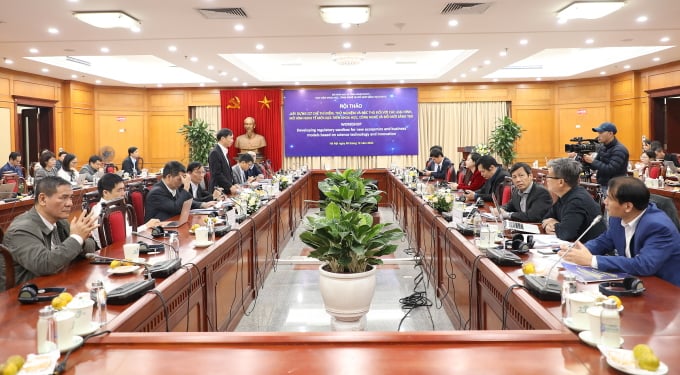
Delegates attending the workshop on the morning of December 8. Photo: Xuan Binh
The experimental model of developing a circular economy, pilot policies for some business fields applying drones in Vietnam or developing a farm economy applying digital transformation were also mentioned by delegates.
Opinions suggest that it is necessary to have a pilot model, in which the way of dealing with that model is different in each country, and it is necessary to learn and refer to it to apply it appropriately in Vietnam. There is currently no legal corridor for sandbox. The nature of building a pilot mechanism is based on specific innovations, suitable for the specific characteristics of each field, so it is necessary to study how to avoid problems arising beyond control or exempt risks, and how to handle problems arising.
Nhu Quynh
Source link


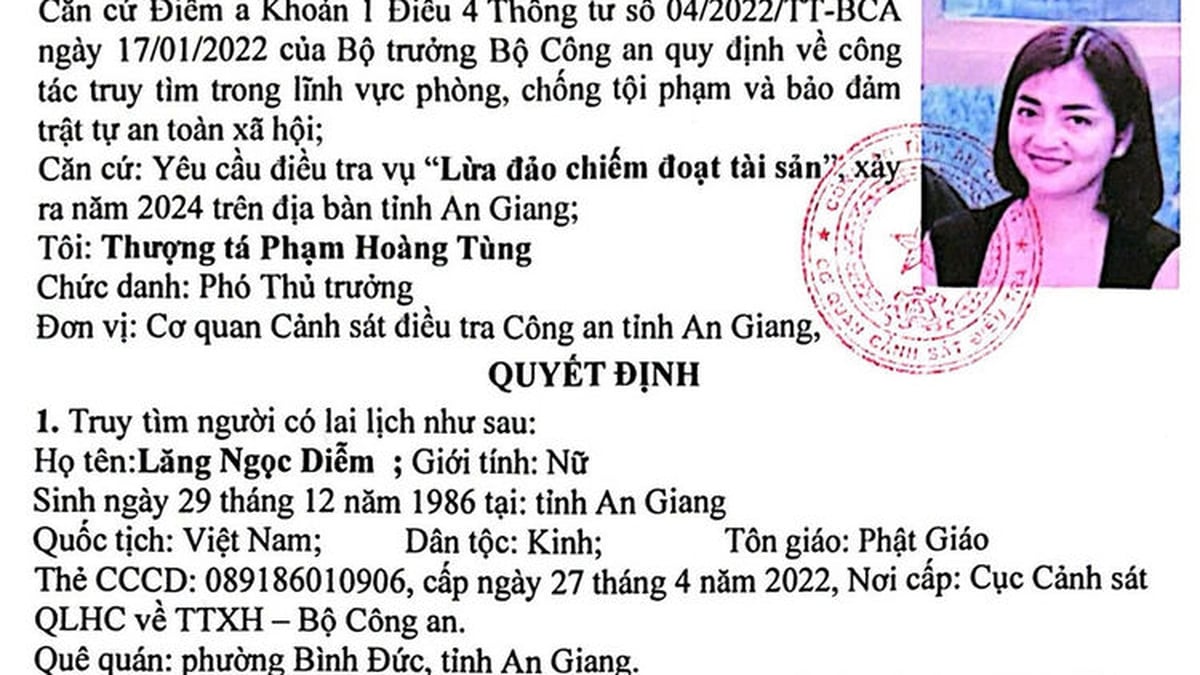
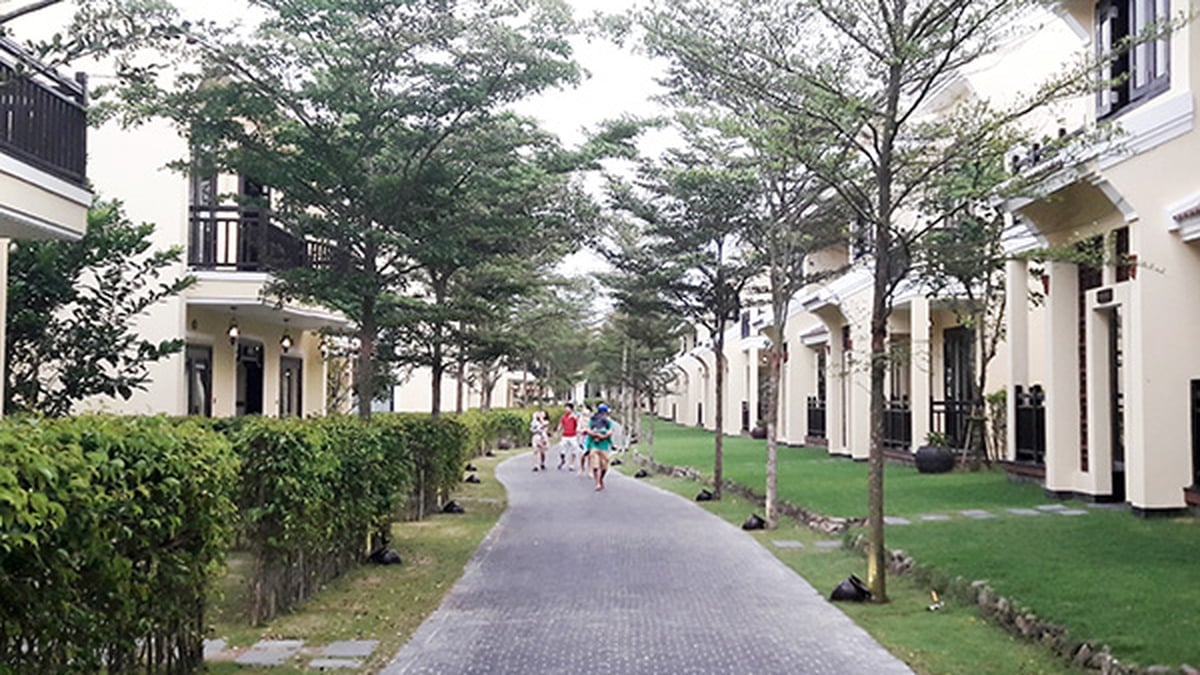
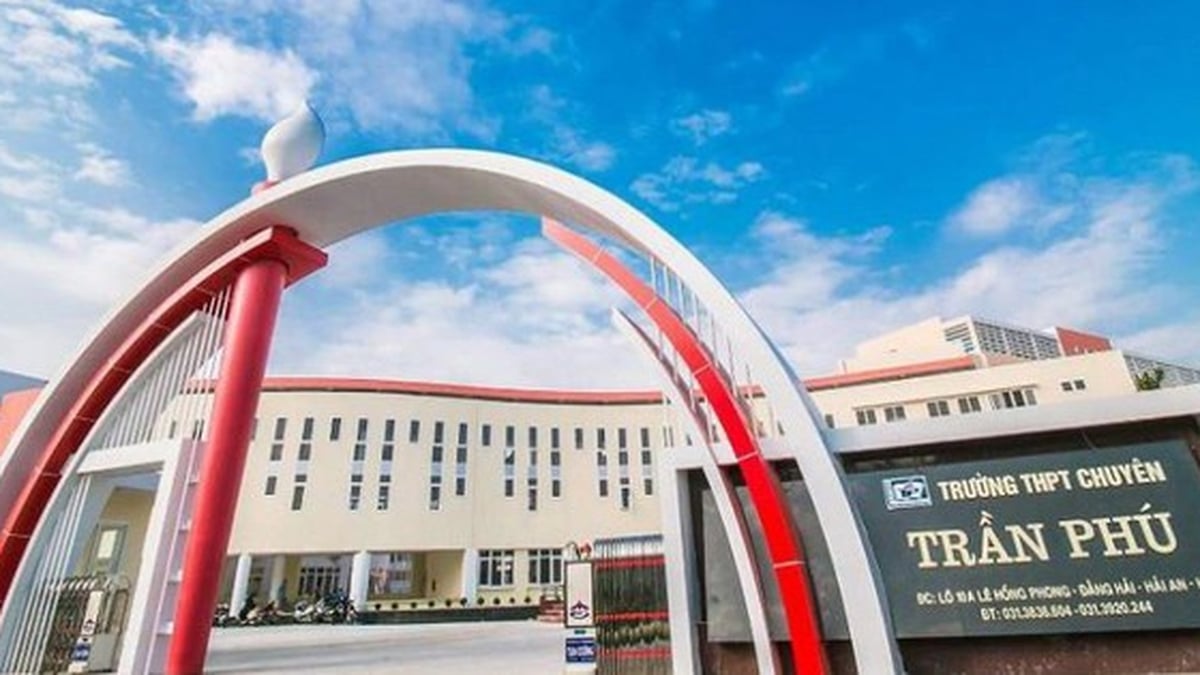

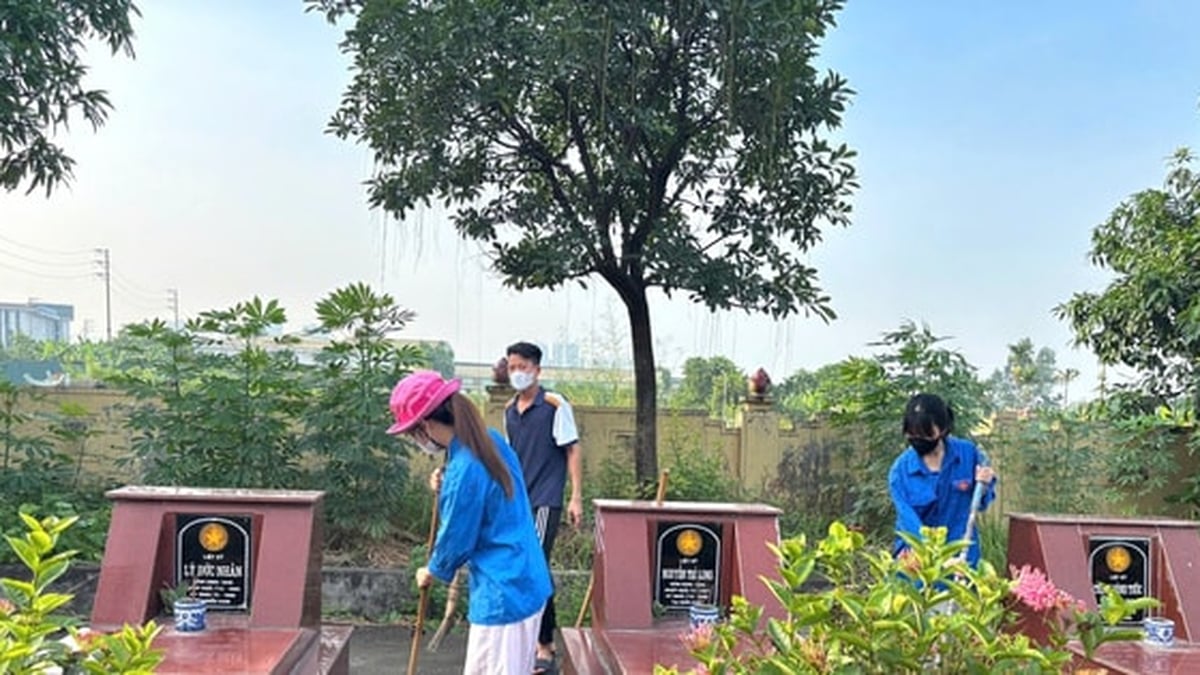
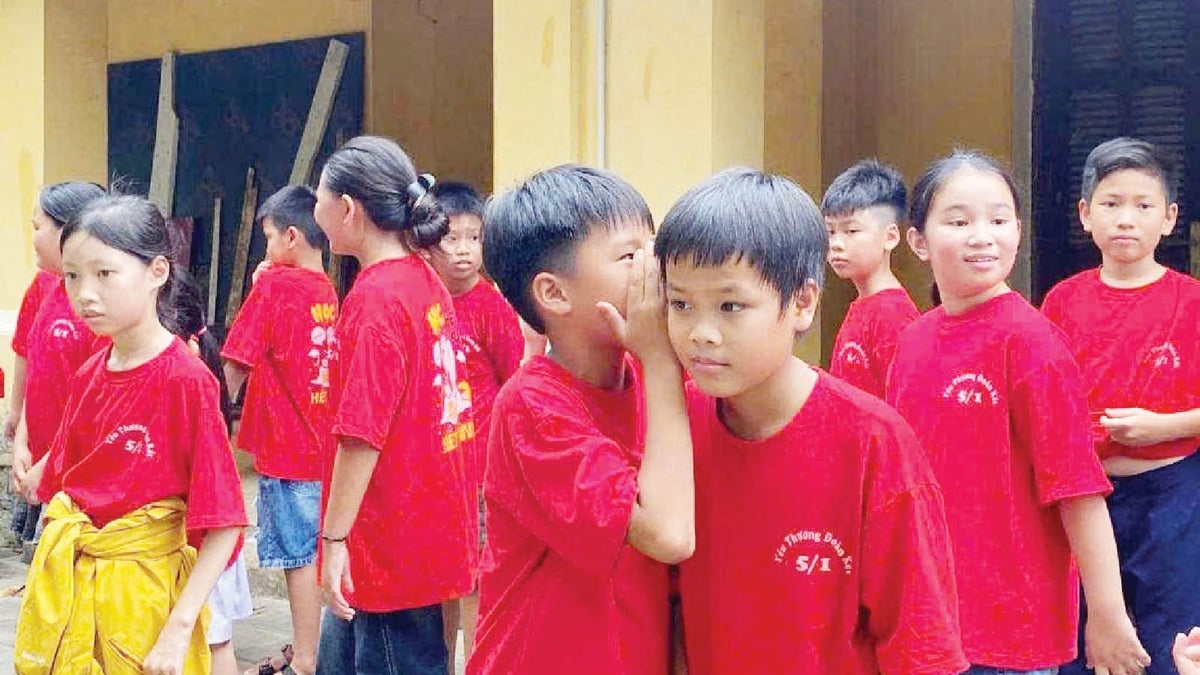
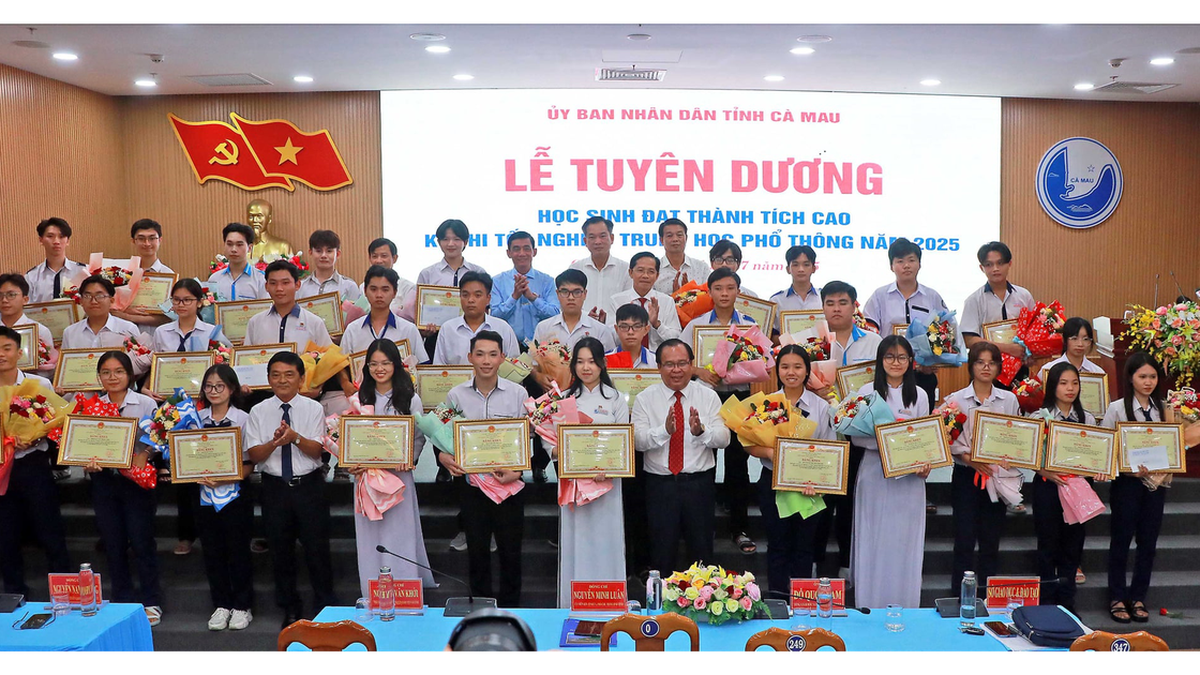
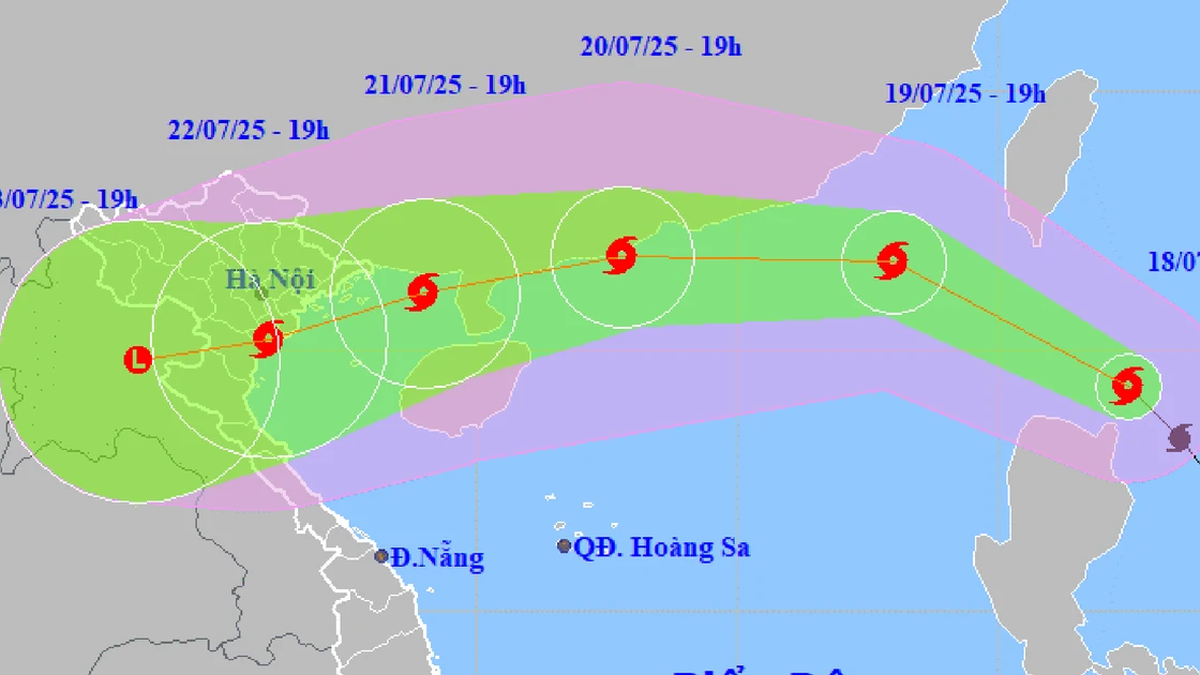
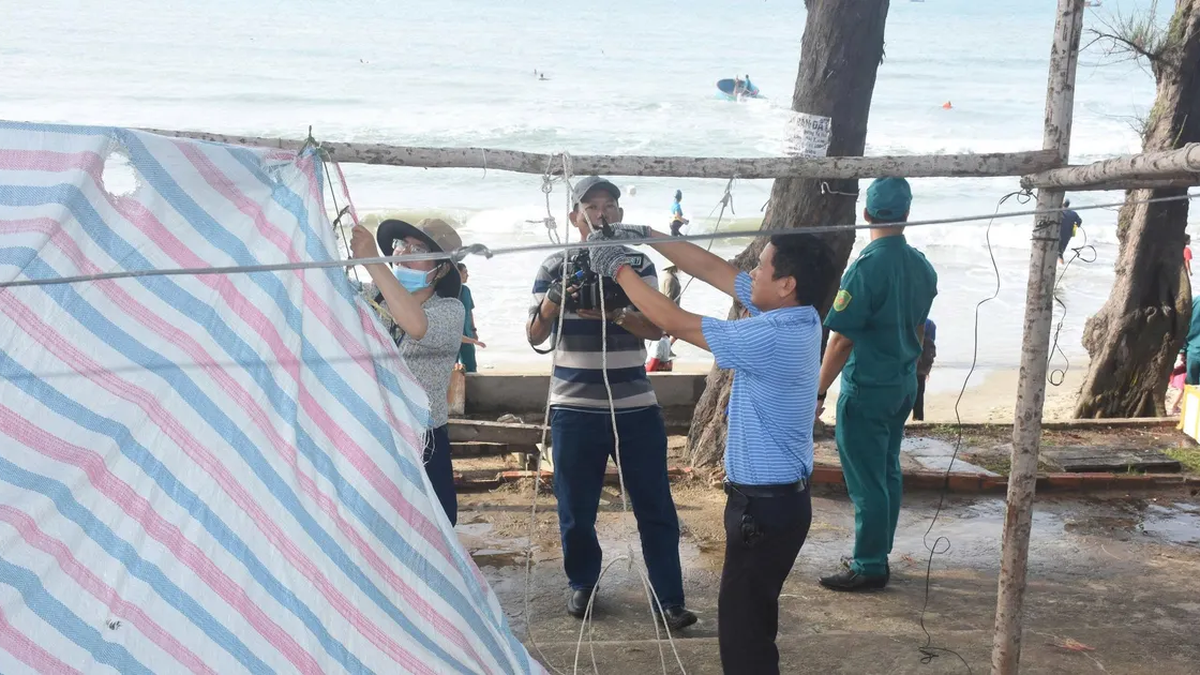
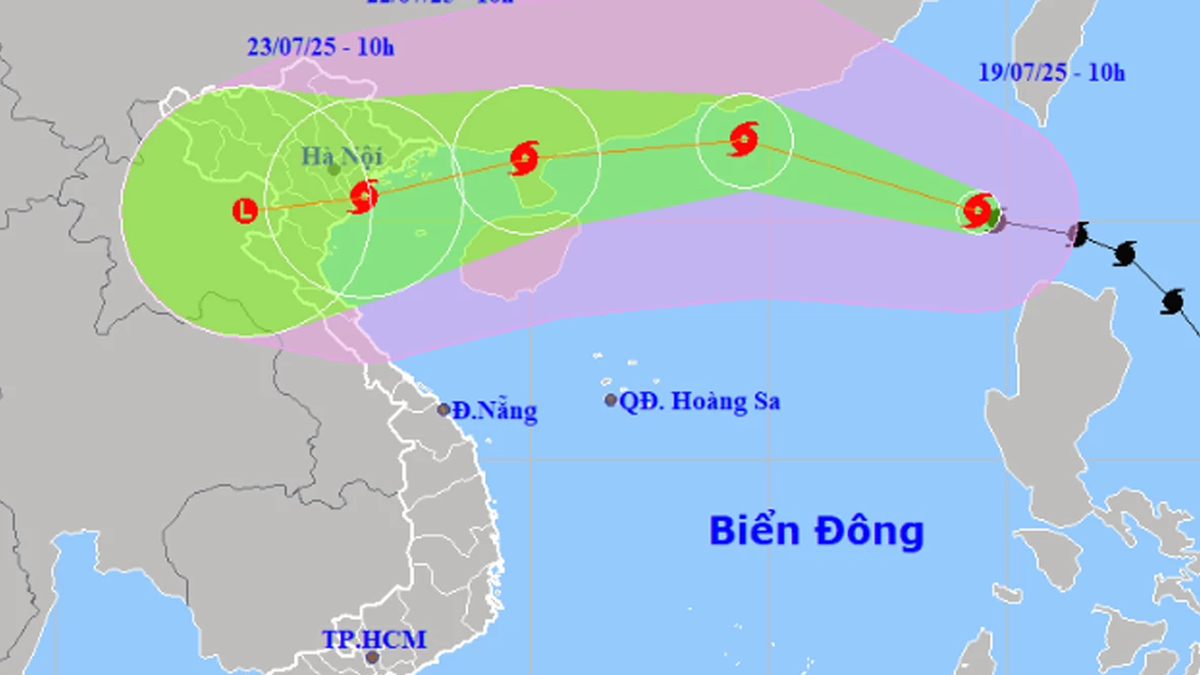
























































































Comment (0)